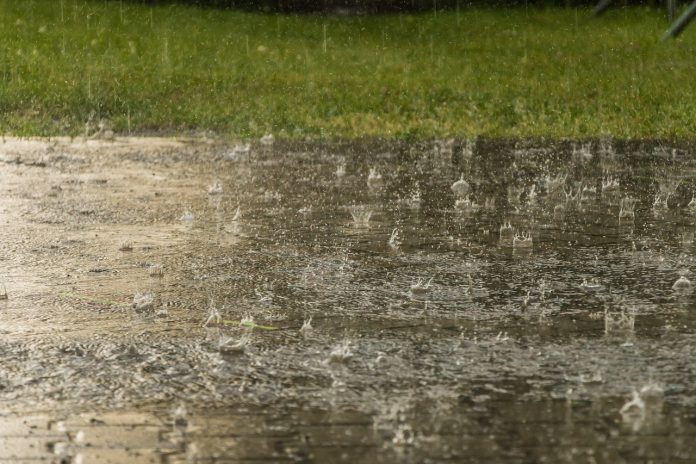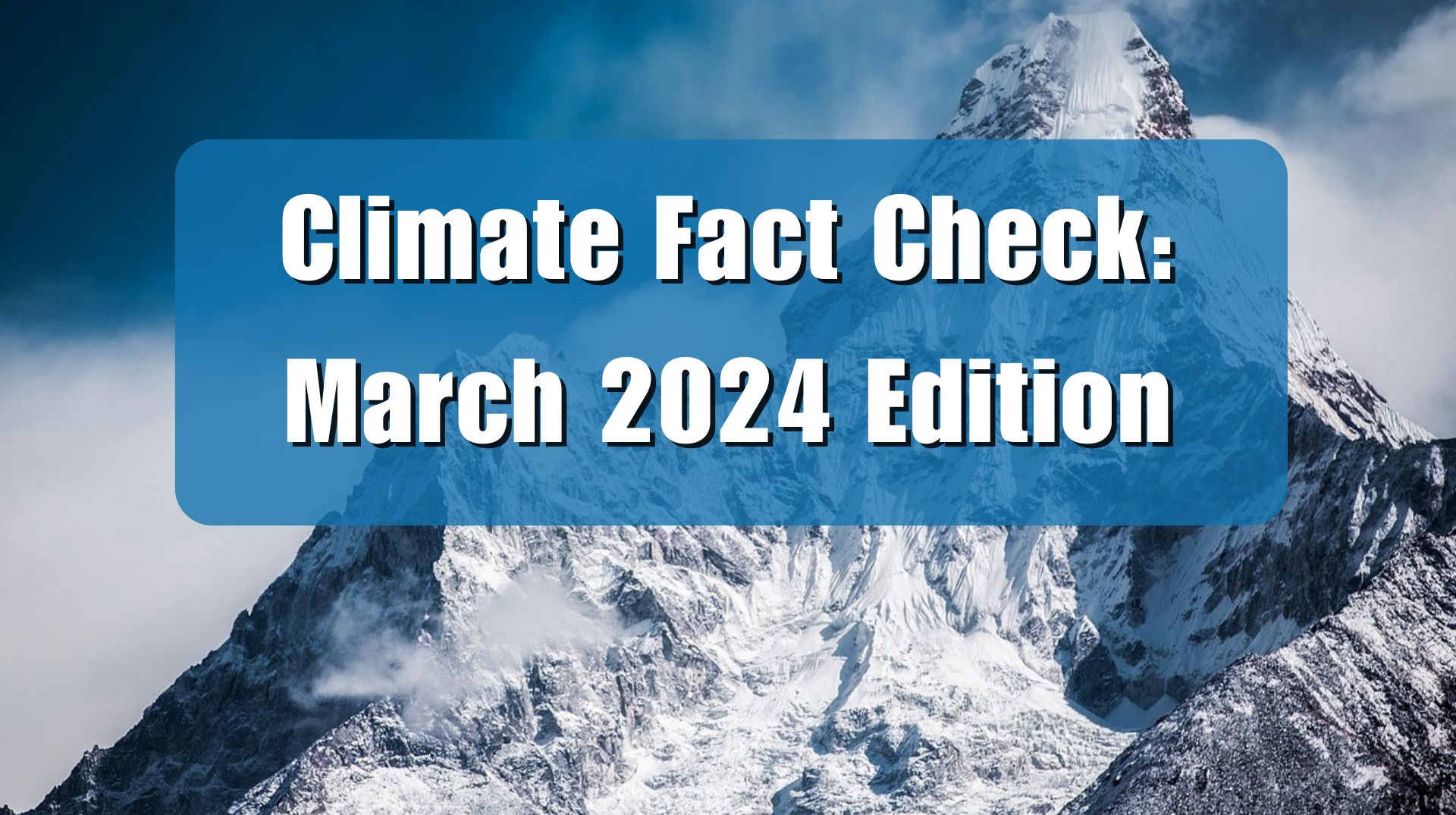The Indianapolis Star (IndyStar) published a story claiming climate change is causing dangerous weather changes in Indiana. Climate change is a fact, but data shows, contrary to what is implied by the expert interviewed by the IndyStar, that neither flooding, nor hot temperatures have become more extreme or common in Indiana than they have been historically in the state.
IndyStar reporter Karl Schneider interviewed Gabe Filippelli, executive director of Indiana University’s Environmental Resilience Institute, for his story, “Climate change not ‘theoretical, or even debatable,’ an IU expert says. What’s the solution?”
“Climate change already is affecting the everyday lives of Hoosiers and experts at Indiana University are exploring potential solutions,” writes Schneider.
“We do have some significant short-term challenges and one of them is flooding,” Filippelli told Schneider. “We’re already seeing a lot more extreme rainfall events and … we’re going to see even more into the future.
“The other issue is extreme heat. We see an increase in extreme heat events globally, but also right here in Indiana …,” Filippelli continued to opine.
I say opine because the data on flooding and extreme heat in Indiana refute his claims.
Concerning extreme rainfall and flooding, data from the National Centers for Environmental Information (NCEI) at the National Oceanic and Atmospheric Administration show that Indiana’s single day record for precipitation was set in August 1905, more than 118 years of global warming ago. Also, although records do indicate the mid-western United States is receiving modestly more precipitation now on average during the present period of modest warming than it did in the early and mid-20th century, this has not led to a worsening of flooding. In fact, in its most recent report the U.N. Intergovernmental Panel on Climate Change says it has detected no changes in flooding and that it can attribute no particular floods or patterns in floods to human caused climate change.
Concerning extreme heat, once again data from the NCEI refute Filippelli’s uncorroborated assertion that extreme heat is increasing. Indiana’s single day maximum temperature record, of 116℉ was set in 1936, 87 years of climate change ago. Indeed, more record hot temperatures in the United States were set during the dust bowl decade of the 1930s than in any other decade before or since, and far more record high temperatures for the country were set prior to 1950, before the recent period of modest warming, than have been set or tied in the past 70 years of climate change. Only six high temperature records have been set or tied since 2000 during what most alarmists call the hottest two decades on record. By contrast, 25 state maximum temperature records set in the 1930s still stand as records today.
Neither flooding nor extreme heat have worsened during the recent period of modest warming. Had Schneider checked the data, rather than relying on “expert opinion,” he could easily have established this fact and produced an accurate story, rather than one more in a long line of climate crisis scare stories.

















You should check out the latest NOAA article on its website. It’s so misleading and dangerous